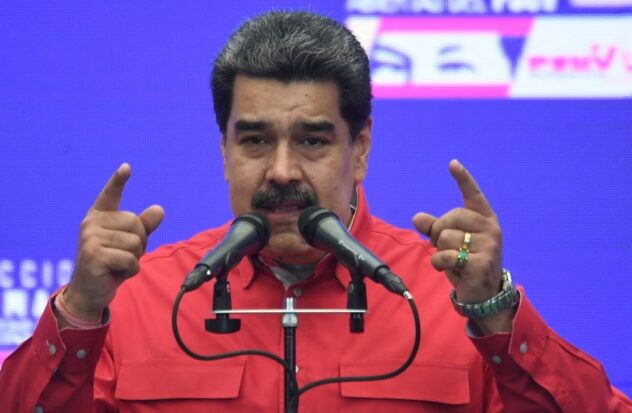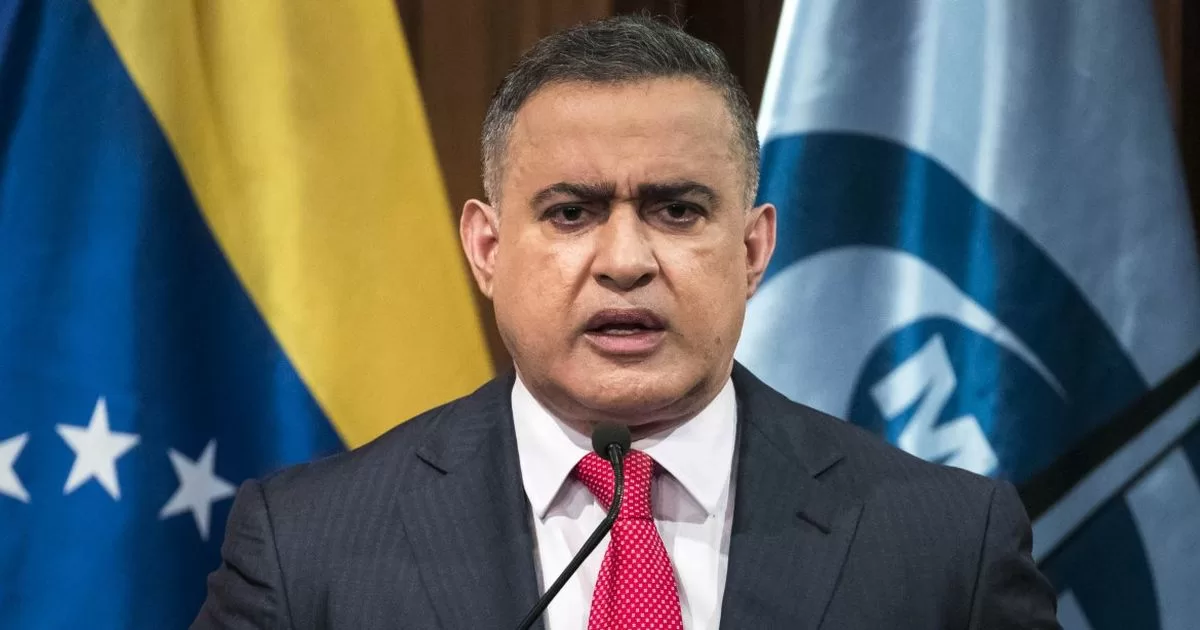However, uncertainty remains about how the ruling Chavismo will respond to what is predicted to be a defeat for Nicolás. Maduro and his plan to run for re-election.
Two of the most respected Venezuelan analysts, who have also devoted recent years to the study of democratic transitions in the world, Benigno Alarcón and John Magdaleno, agree in emphasizing that the large difference in votes in favor of change in Venezuela, with a growing trend in recent weeks, would guarantee a majority of votes on July 28 in favor of former ambassador Edmundo González Urrutia.
The question that these two analysts and many other observers are considering is the response that the Maduro regime will give to an adverse result. Both Alarcón and Magdaleno believe that politically, with so few days left before the elections, what the most reliable polls show is simply irreversible.
Probe
Last week, the Delphos firm, in alliance with the Center for Political and Government Studies at the Andrés Bello Catholic University (UCAB), showed the opposition candidate with 59.1% of voting intention. Maduro followed him, but far behind, with 24.6%.
Alarcón, who is the director of the Center for Political Studies at UCAB, said that the conditions for a political transition in the country are “in place” and considered the probability that, at the last minute, the vote would be suspended or the opposition candidate would be disqualified or the opposition’s card of the Democratic Unity Roundtable would be made illegal to be low.
The elections will be held next Sunday and any action of this kind would deepen the perception that Chavismo has been defeated.
Political scientist and planning expert Ricardo Ríos, director of the consulting firm Poder y Estrategia, confirmed the results of his latest study, which show an even greater gap than the Delphos study. Conducted a few days apart, they show the constant growth of the opposition candidate’s candidacy.
According to Power and Strategy, González Urrutia would win 64% of the votes while 21% would vote for Nicolás Maduro.
Ríos agrees that politically this gap cannot be reduced. The idea of change has taken hold among Venezuelans and that will materialize at the polls on July 28.
“Transition or Fraud”
However, doubts are growing about what Chavismo will do with this result. For Alarcón, “the scenarios are reduced to only two: transition or fraud.” According to the expert, with such a volume of votes, and with a massive presence of Venezuelans going to vote, which will give legitimacy to the process, Chavismo should agree to a negotiation that leads to a transition or carry out fraud to ignore the opposition votes and then be prepared to carry out a repression of the discontent that this would generate in the country.
With an investigation process opened by the International Criminal Court, together with documented and voluminous reports from the Fact-Finding Commission, which have been aired in the UN Human Rights Council and which include the identification of the repressors, for the waves of repression in 2014 and 2017, it seems less likely that the military and police will obey instructions in Venezuela, which would then put them in the crosshairs of human rights entities.
However, there are no signs that Chavismo will act in that direction, that of repression.
In the other direction, that of accepting defeat, at least one high-ranking official of the regime, Governor Freddy Bernal, from the state of Táchira and after having met with Maduro, said that if it were the case, the current ruler would hand over power and would exercise a fierce opposition against the new government. According to Bernal’s projections, the new González Urrutia government would not last even a month in power, if such a thing were to occur.
In this context of uncertainty, regarding the consequences of the electoral process in Venezuela, the Catholic bishops have called on the Armed Forces.
The Episcopal Conference of Venezuela (CEV) urged the country’s Armed Forces to “respect and enforce” the popular vote and reiterated that the role of the uniformed personnel is to abide by the “popular will expressed in the vote.”
“All serious polls point to a victory for the united opposition candidate, Edmundo González Urrutia. The mystery is what the reaction of Nicolás Maduro’s regime will be in the event of a defeat,” says Chilean sociologist Fernando Mires, who has long lived in Germany.
“No one imagines the authoritarian president wearing the presidential sash around González’s chest. Nor does anyone imagine him nobly admitting his defeat. But in history there is always a place for the unimaginable,” said this academic, emeritus professor at the University of Oldenburg.
For Mires, Maduro could effectively commit massive fraud on election day or carry out a coup d’état using any excuse to avoid voting at the polls.
A third card Maduro could play, according to Mires, would be to accept defeat “even if reluctantly” and bet on turning the PSUV into the axis of the opposition against the new government, in the thesis that Bernal publicly expressed. If that were the option of Chavismo, “Maduro would go down in the history of the Latin American left as a statesman and not as a criminal.”
Source: With information from Diario de Cuba



